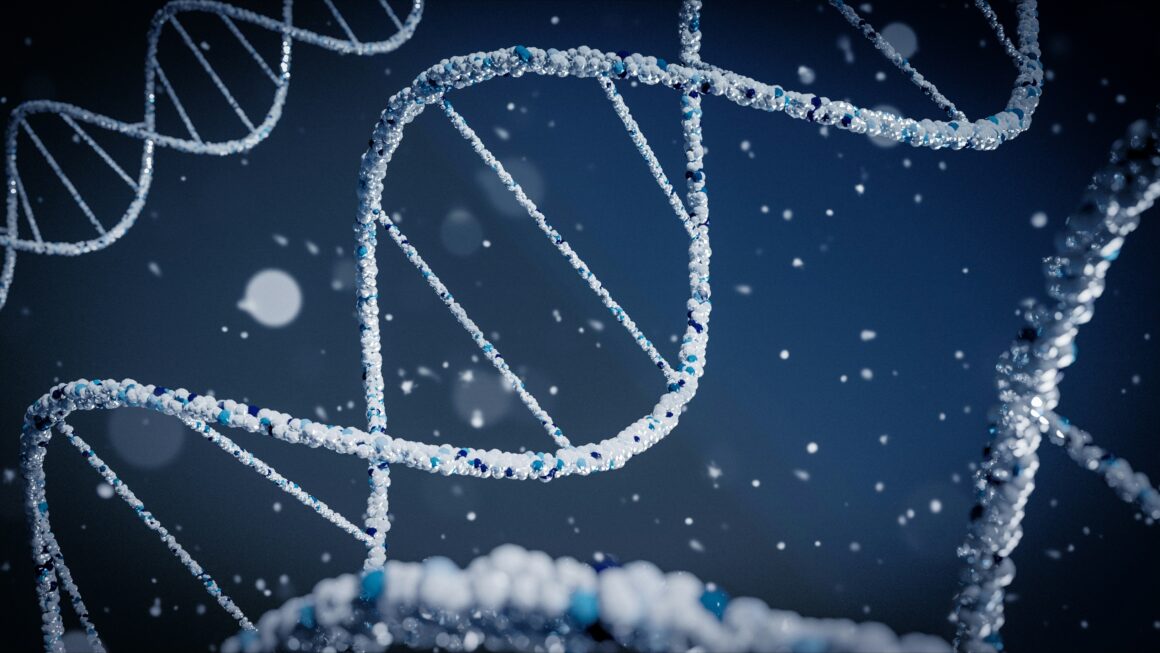We have 18 months to reverse climate change. This is now understood, amongst those of us who are not climate change deniers, to be an unequivocal fact. Most of us are already aware that individuals are not the group most at fault and that corporations and governments must be held responsible for prioritizing profits above survival— they need to change. However, we cannot force corporations and governments to change their priorities and stop chasing convenience when this is something that we do every day.
Picture it — we’ve all been there. You go out to run errands and you’re thirsty, so you buy a plastic bottle of water because it is more convenient than carrying a reusable bottle around. When you go to get groceries, you get them packed in plastic bags because it is less likely to break and therefore more convenient than paper ones. Also, carrying cloth bags around is far too much of a hassle even to consider. When you need a new toothbrush, you buy a plastic one because it’s right there and you would have to remember to order a bamboo one online. Shampoo bars may be cheaper in the long run, but they are not as easy to use at the chemically treated plastic bottles in Seven-Eleven. Thus, you continuously prioritize what is easy over what is right.
Even when it is not about convenience, we’ve seen these things treated as optional far too often. It is helpful if you can remember to carry your reusable bottle and cloth bag, but it is not seen as necessary. We don’t yet know how to operate in this new world we have found ourselves in. We are still bound up in this capitalist system of the convenience economy, and it is too difficult for us to break out of it. The possibility of climate change killing all of us is still not seen as an actual probability.
https://www.instagram.com/p/B6CnT4AAZu-/?utm_source=ig_web_copy_link
Calling out corporations, governments and lobbyists for having the wrong priorities is vitally important. The problem becomes abundantly clear when we see that only 100 companies are responsible for about 70% of carbon emissions. Thus, there is no way for individual actions alone to make enough of a difference. However, this is no reason for us to add to a problem that is so overwhelming that a solution seems entirely infeasible.
5 trillion single-use plastic bags are purchased every single day. This is considering that plastic bags are usually the most replaceable when there is a crackdown on the amount of plastic being sold, especially since it is more profitable for businesses to sell bags made of cloth or paper. National Geographic reported that nearly 500 million straws are used every day by Americans alone. This plastic epidemic is not going anywhere, no matter how loudly we protest. However, we must cut back on our use of plastic waste if we are to combat climate change. Plastics trap heat in every stage of their life cycle, thus contributing to global warming.
Plastic is not, however, the only problem. 40% of the air pollution in Delhi— India’s capital city— is contributed by private vehicles. This happens although a well-connected metro system exists within Delhi. It is not that convenient, affordable public transportation is not available in the city, but that most people choose to use private vehicles instead.
https://www.instagram.com/p/B6B8m4enpZw/?utm_source=ig_web_copy_link
There is a problem created with this dichotomy when people protest against government policies that harm the environment but then do things like forget to refuse a plastic straw (the exception to this being that they are someone who truly needs this) at a restaurant. It is not just that it becomes hypocritical, but also that these small actions end up contributing to the problem in big ways. Sure, you can’t help the fact that everywhere in the world where oil exists, people are looking to exploit it, but you can help by not being a mindless, unaware consumer while engaging with the economy and the environment.
Carrying around reusable utensils or a water-bottle when single-use plastic conveniently proliferates may seem a little odd to those around you, but that doesn’t mean you should stop doing it. Trying to save the environment is not just something meant to turn hippies into punchlines, but the most crucial action that any of us will ever engage in.
Featured image taken by Tanya Chandra




